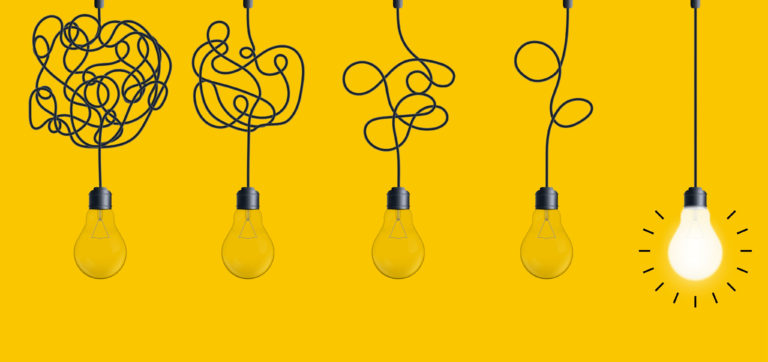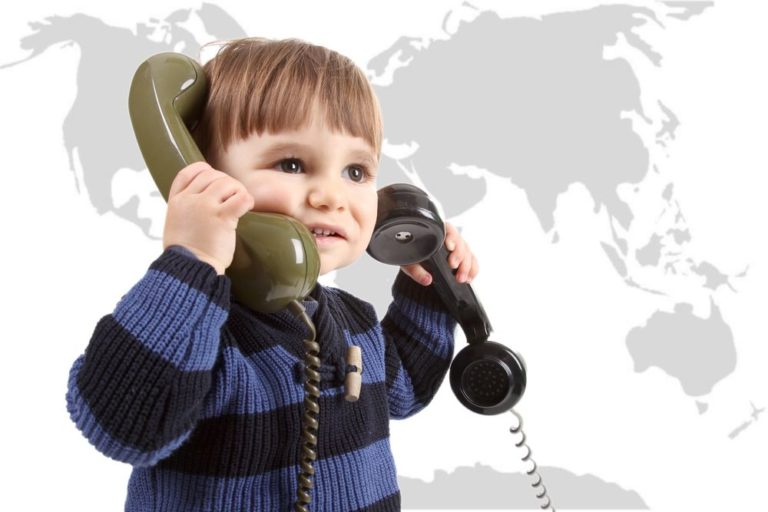For years, I fought against rigid habits – or really – I fought against the idea of routine – the thought that I had to do the same thing twice or in the same particular way. I drove to work using different routes, didn’t like to be tied down to same schedule, and created a pursuit of making sure I always did things differently. I told myself that change was a good thing.
Professionally, I spent the better part of the last 20 years in leading and consulting with manufacturing companies on how to improve their operations. Each day I was working diligently to have everything around me to be more effective, productive and repeatable – something which is almost always necessary in a production environment. I could espouse high performance techniques, research and validity with the best of them.
Anyone else see the irony in the duality of my daily life?
My morning routine consisted of an alarm shrieking with just enough time to leave the house, driving through Starbucks on my way to work ready to face whatever awaited me at the office.
Today, this is how most mornings start:
- A set schedule predetermined the day before.
- Up several hours before my actual workday starts
- A 30 minute mindfulness practice
- Most often a long walk while I also listen to one or two podcasts on business, coaching or creativity.
So what happened?
It all started when I decided to change my business. This change included writing a book to share my model for small business excellence and impact more clients. I also wanted to reduce the time I spent on the road and make a commitment to a healthier lifestyle.
Before I go further, let me state for the record, up until this point, most who know me would characterize me as a very productive person. I have been known to churn out work – both personally and professionally – at a very high level. In fact, my ability to work strategically and quickly has been commended for years. But making a change like this threw me off-balance, and for the first time, not having a routine – a set of practices or habits – felt like a liability instead of freedom.
I had always wanted to write a book. My laptop has numerous short stories and novels in various stages as do my journals and notebooks stacked in storage since childhood. In fact, just the other day I found all my creative writing assignments from the 7th grade. (For the amount of times I’ve moved in my life, it’s amazing they still exist!) But in addition to committing to write the book on a very short timeline, I had also made the investment of time and money in the entire book process. The necessity to complete the book on time was paramount. It is difficult to successfully promote and sell a book if you do not actually HAVE a book! So spurred with a mission, I chose to see this as an opportunity to make positive changes in my life as well as finish my book on time.
Looking back, it was a slow migration of change that became routine. I can now see how each of the habits in my current routine came into be:
1. Wake up early and exercise. Because I live in Arizona, if I wanted to exercise outside, I needed to wake up early to avoid the heat. I also discovered through the writing process that I did my best writing in the morning. I routinely was up by 5 am to complete my exercise and mindfulness routine and make sure I was at my desk when I would be creating my best work. There have been many articles about early risers being more productive. However, there is also a school of thought there are less interruptions and in general, one is being more intentional with how she spends his or her time.
2. Listening to Podcasts. Reading has been important to me since before I could read myself. One of my editor’s recommendations was to AVOID reading other people’s work to avoid accidental plagiarism or overall writing confusion. I still wanted the benefit of reading – engagement and learning. I became an avid podcast listener during my walks and eagerly anticipate what I’ll be listening to each morning. Consequently, listening to podcasts has actually strengthened my exercise habit because I don’t want to miss my favorites.
3. Decisions in Advance. I first heard this term from Brooke Castillo of The Life Coach School. My editor’s book writing process included planning in advance specific outcomes and word count for each chapter. By default, each day of writing had a plan. It was actually easier for me to be creative because I wasn’t wasting time “deciding” how much and what I was going to do each day. Later, I better understood the value of this concept more as I learned the importance of decision fatigue and willpower which I now apply as often as I can. Currently, I set my general schedule by week and my specific daily schedule is set the day before. Some of the most productive people I know of now plan the better part of a year in advance. Here’s a great article on decision fatigue.
4. Mindfulness. I had started (and stopped) a meditation practice several years earlier. If the average person has a “monkey mind”, I have a “monkey jungle”. It reminds me of pushing the accelerator of your car while it is in (N)eutral, there’s a lot of engine revving but you still haven’t gone anywhere. Spending time with a simple meditation practice has allowed me to reduce my mind “revving”, if only for a few minutes each day. Truthfully, this is still pretty challenging for me. However, I’ve learned that on particularly stressful days, I can come back to this practice even for 30 seconds by doing some deep breathing exercises.
To write my book I created a routine or a set of habits that would support that goal. It was, as is often said, a life changing or catalytic event.
That experience ignited a chain of events where I discovered that my habits were a gift, not a burden. Having a routine has allowed me more energy, creativity and productivity than I can ever remember.
And this is how I know. Over the past few months, there have been disruptions in my routine. On those days some combinations of these things happen:
- No exercise – my mind feels foggy and I want to eat high sugar foods
- No meditation practice – my focus is off and I don’t stay on schedule and look for ways to procrastinate.
- No predetermined schedule the night before – I rarely accomplish what I need to without a pre-planned schedule. In fact, I have found that it is better for me to have a schedule with PLANNED time to “waste” (internet shopping or social media) than to not have one at all with a simple To Do list.
Conversely, my most productive days typically mean that I follow through with my daily practices or habits.
Building a routine is an evolutionary practice. I would expect that in a year from now there will be something different – either new or subtracted – in my routine. But I now know my habits are a gift and they add value to my life in a way I could not have imagined several years ago.



